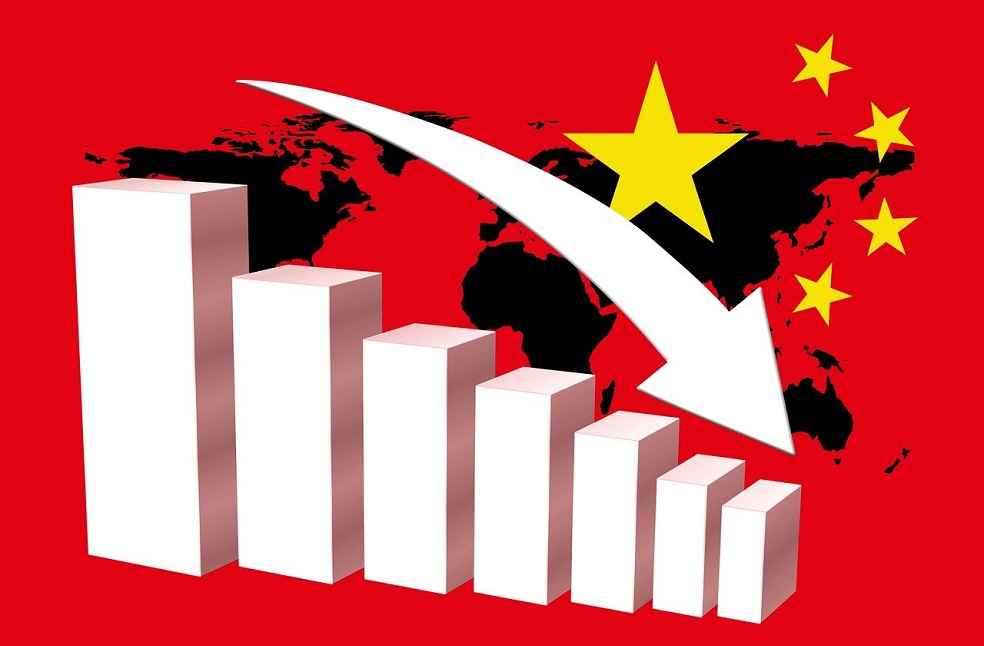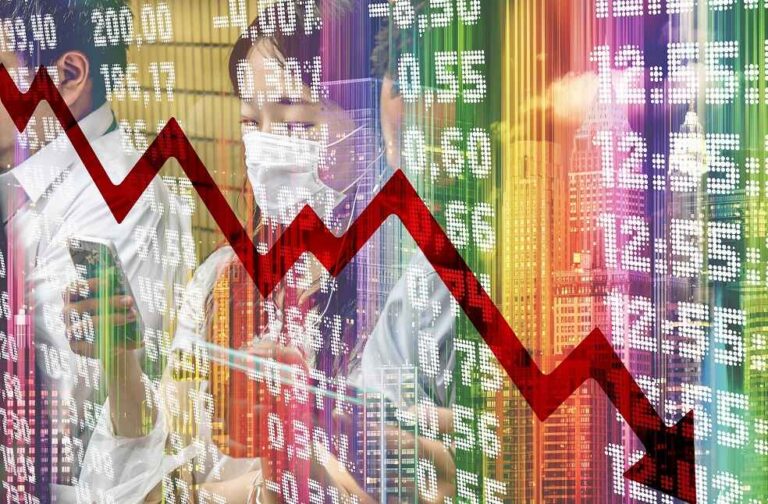China’s export growth slowed in September due to extreme weather, global shipping congestion, and base effects, with shipments to the US outpacing those to the EU.
Customs data showed exports grew by 2.4 per cent year-on-year to $303.71 billion in September, falling short of the 6.18 per cent forecast and below August’s 8.7 per cent rise.
Customs spokesman Lu Daliang attributed the slowdown to ‘short-term incidental factors,’ including frequent typhoons in key port cities, last year’s higher base, and global shipping congestion.
“Some data shows that the peak export season for some Chinese products in previous years was in the third quarter, but this year it has been advanced by more than a month due to the congestion,” Lu said.

Imports rose by 0.3 per cent year-on-year in September, compared with 0.5 per cent in August, resulting in a trade surplus of US$81.71 billion, down from $91.02 billion in August.
Gary Ng, senior economist at Natixis, said that “After the stellar run in 2024, China’s exports finally face a wake-up call from global trade protectionism and overcapacity, affecting sales quantity and unit value,” Weaker import data also reflects cautious domestic demand.
Larry Hu, chief China economist at Macquarie Capital, noted that deflationary pressures are causing export prices to decline, though volumes remain strong. Hu expects exports to grow by 5 per cent this year and forecasts third-quarter GDP growth of around 4.6 per cent.
China’s exports to the US rose by 2.16 per cent in September, surpassing those to the EU and ASEAN. Exports to ASEAN rose by 5.48 per cent, while shipments to Russia increased by 16.6 per cent.

Zichun Huang, China economist at Capital Economics, warned that trade restrictions from other countries could slow future export growth. Meanwhile, the US plans to tighten regulations on low-value shipments, which could impact Chinese e-commerce companies like Temu and Shein.
Zhang Shaogang, vice-president of the China Council for the Promotion of International Trade, acknowledged the potential impact but expressed confidence in China’s competitiveness, saying, “In the whole world, there are not many alternative places that can provide such cheap products with great quality at the same time.”
IMEX SECTOR | Philippines Tops Rice Imports in 2024 as Local Production Drops



